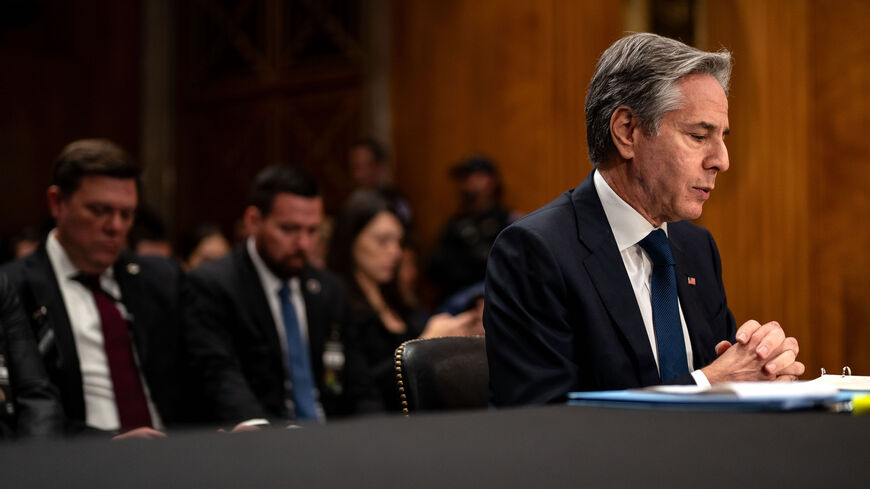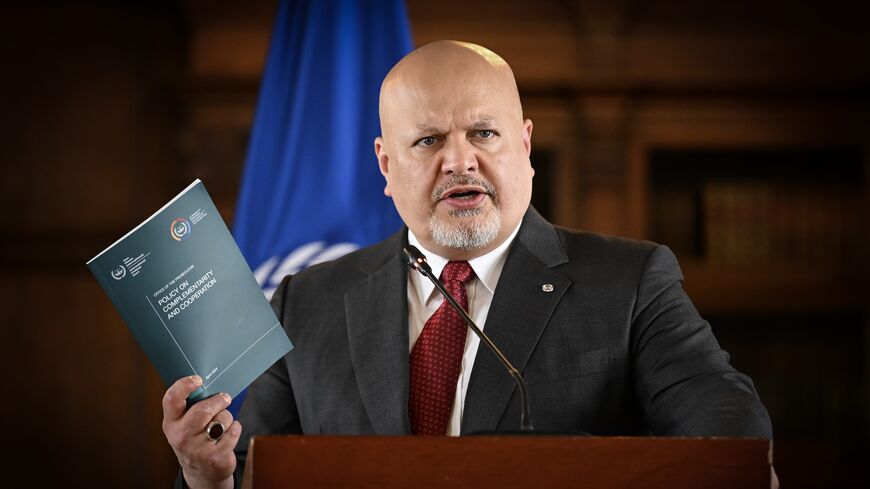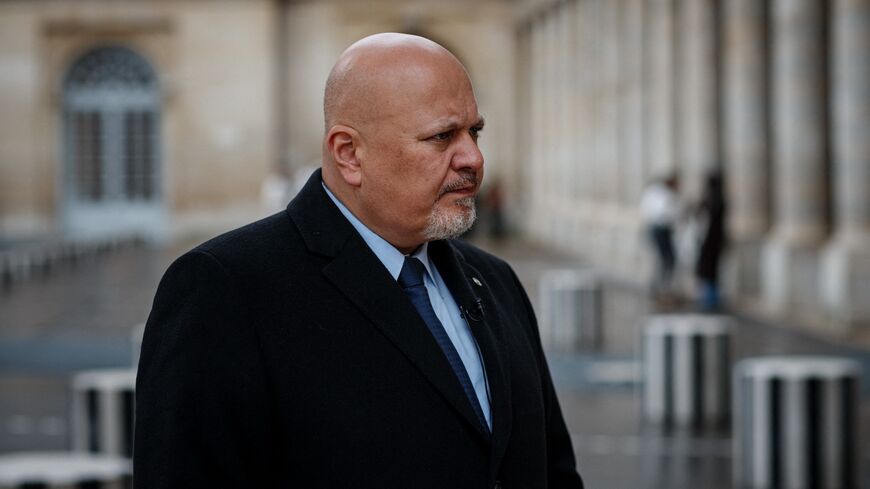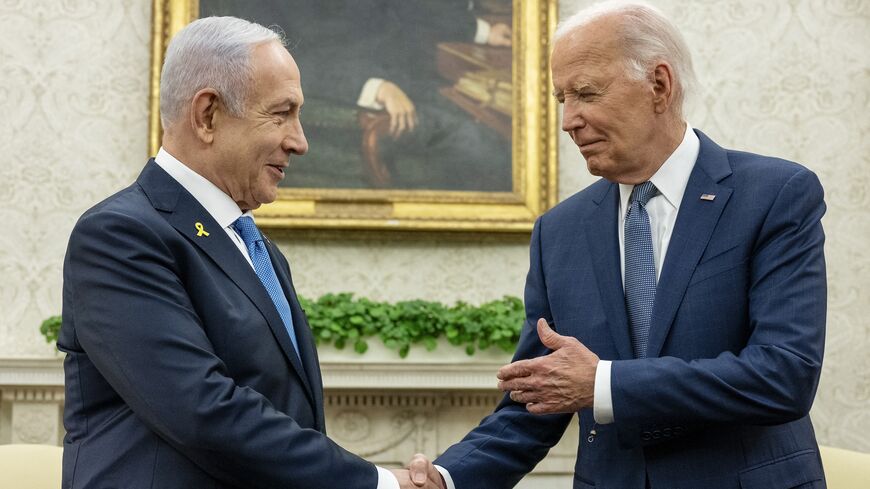White House opposes sanctioning ICC over request for Netanyahu warrant
The White House walked back comments from Secretary of State Antony Blinken, who last week indicated he would support a congressional effort to sanction the world court.

WASHINGTON — The White House said Tuesday it doesn’t support sanctions against the International Criminal Court as its chief prosecutor seeks arrest warrants for senior Israeli leaders.
“We don't believe that sanctions against the ICC is the right approach here,” White House national security spokesperson John Kirby told reporters.
White House Press Secretary Karine Jean-Pierre added that sanctions are “not an effective or appropriate tool to address US concerns.”
"We will work with Congress on other options to address the ICC overreach," Jean-Pierre said.
Their comments came after Secretary of State Antony Blinken said in a US Senate hearing last week that he would work with lawmakers on finding “an appropriate response,” including potential sanctions.
ICC prosecutor Karim Khan announced on May 20 that he would seek arrest warrants for Israeli Prime Minister Benjamin Netanyahu, Defense Minister Yoav Gallant and three Hamas leaders for alleged war crimes and crimes against humanity committed since October.
The announcement drew immediate condemnation from the White House as well as calls from congressional Republicans to revive Trump-era sanctions on members of the Hague-based tribunal.
House Speaker Mike Johnson (R-La.) said Congress would review sanctions as a possible response. Legislation introduced earlier this month by Reps. Chip Roy (R-Texas) and Brian Mast (R-Fla.) would sanction ICC officials who investigate the United States or its allies.
More than 120 human rights and civil society groups wrote to Biden last week, urging him to “oppose any legislative efforts to undermine the ICC.”
The former Trump administration imposed sanctions on ICC officials in 2020 over the court’s investigation into alleged US war crimes in Afghanistan. The Biden administration in 2021 lifted those sanctions, describing them as “inappropriate and ineffective.”
Neither the United States nor Israel is party to the Rome Statute, the international treaty that established the ICC. Netanyahu called the ICC’s move a “travesty of justice.”
Should a three-judge panel approve the request for warrants, it would limit the ability of Netanyahu and Gallant to travel to the more than 120 countries under the ICC’s jurisdiction. Those countries would be obligated to arrest the Israeli officials and turn them over to the court.
The International Court of Justice (ICJ), a separate court that handles disputes between nations, issued a ruling on Friday ordering Israel to immediately halt its offensive on Rafah, where roughly one million Palestinians have fled since Israeli forces entered the southern Gazan city earlier this month.
Israel's military pressed ahead in Rafah, where health officials said shelling and airstrikes killed at least 37 people overnight and on Tuesday. Citing eyewitnesses, Reuters reported Tuesday that several Israeli tanks reached Rafah city center near the landmark al-Awda Mosque.
In what Netanyahu said was the result of a “tragic mishap,” an Israeli airstrike targeting two Hamas commanders on Sunday triggered a fire that killed at least 45 people inside a tent camp in Rafah.
State Department spokesperson Matthew Miller said Tuesday that the administration was “deeply saddened by the tragic loss of life” but would reserve judgment until the Israeli military completes its investigation.
Kirby called the incident “very tragic” but said there were “no policy changes to speak to.”






